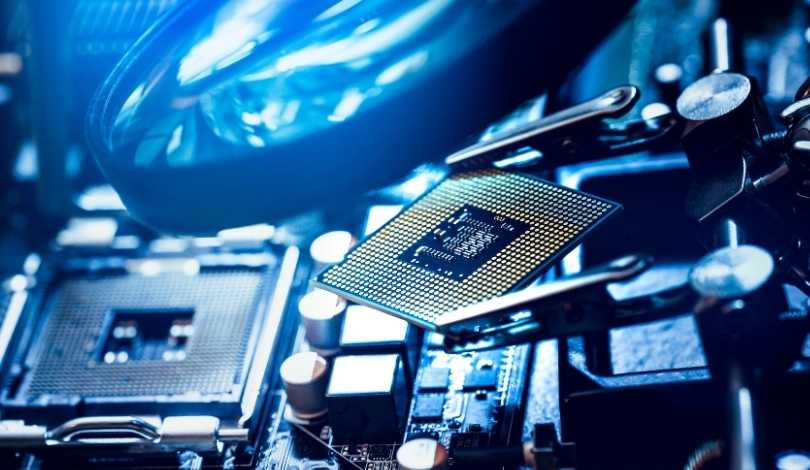The market for memory chips is experiencing significant upheaval, with industry experts predicting a notable rise in prices. This increase is expected to impact the cost of various consumer electronics, including the highly-anticipated Nvidia RTX 5090 GPU. According to a report from Nvidia’s blog, the upcoming graphics card may see a price hike due to escalating memory costs.
Memory Supply Chain Struggles
The semiconductor industry is grappling with supply chain disruptions that have been exacerbated by ongoing geopolitical tensions and the lingering effects of the global pandemic. These issues have resulted in material shortages and increased production costs, putting pressure on manufacturers. Consequently, companies are forced to pass these costs onto consumers, leading to higher prices for memory-dependent products.
Impact on Consumer Electronics
As memory prices climb, consumers can expect to see higher costs for a range of electronic devices. The Nvidia RTX 5090 GPU, which relies heavily on advanced memory technology, is anticipated to be one of the affected products. This price increase could deter potential buyers or prompt them to consider alternative options in the market.
Market Reactions and Predictions
Market analysts are closely monitoring the situation, noting that the price surge may influence purchasing decisions and overall market demand. While some consumers may delay buying new devices, others might seek lower-cost alternatives. Manufacturers are also exploring ways to mitigate the impact, such as optimizing production processes and seeking diverse supply chain solutions.
In the past, the memory chip market has faced similar challenges, often resulting in price volatility and fluctuations in product availability. During the previous major supply disruption, manufacturers implemented various strategies to stabilize prices and ensure a steady supply of products. Comparatively, the current situation appears more complex due to the multifaceted nature of the disruptions, including political factors and pandemic-related delays.
Additionally, consumer behavior during previous price hikes has shown a tendency towards adopting alternative technologies or delaying purchases until prices stabilize. This historical perspective suggests that while the initial impact of rising memory costs may be significant, the market typically adjusts over time as manufacturers and consumers adapt to the changing landscape.
Rising memory prices are set to affect numerous consumer electronics, notably the Nvidia RTX 5090 GPU. Supply chain challenges and geopolitical issues contribute to this trend, creating a complex market scenario. Observing past market reactions indicates potential shifts in consumer behavior and manufacturer strategies.










